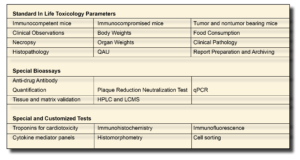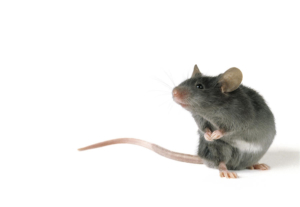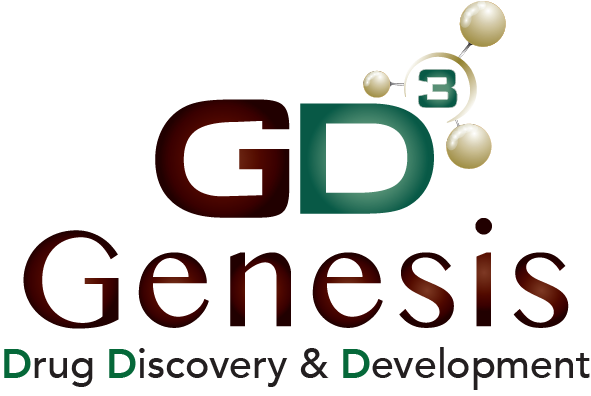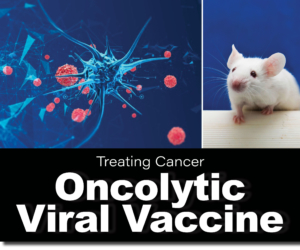Oncolytic Viral Vaccine Toxicology at CBI
Introduction to Toxicology.
“Oncolytic viral therapy is a new promising strategy against cancer. Oncolytic viruses (OVs) can replicate in cancer cells but not in normal cells, leading to lysis of the tumor mass.”
Background.
Oncolytic viral vaccines represents a novel and exciting approach to the treatment of cancer. In 2015, the U.S. Food and Drug Administration approved the first oncolytic virus immunotherapy for the treatment of cancer — T-VEC for melanoma. There are now a number of exciting new products in development. CBI has conducted a number of toxicology programs with oncolytic viral vaccines for our clients.
An oncolytic virus is a virus that preferentially infects and kills cancer cells. As the infected cancer cells are destroyed by oncolysis, they release new infectious virus particles or virions to help destroy the remaining tumor. Oncolytic virotherapy has shown impressive results in preclinical studies and first promising therapeutic outcomes in clinical trials as well. Since viruses are known for a long time as excellent vaccination agents, oncolytic viruses are now designed as novel anticancer agents combining the aspect of lysis-dependent cytoreductive activity with concomitant induction of antitumoral immune responses. Antitumoral immune activation by oncolytic virus infection of tumor tissue comprises both, immediate effects of innate immunity and also adaptive responses for long lasting antitumoral activity, which is regarded as the most prominent challenge in clinical oncology (Woller et al 2014).
Oncolytic Viral Vaccine Toxicology at CBI.
CBI specializes in customizing, designing and implementing GLP toxicology studies for regulatory submission as well as research and nonGLP studies with oncolytic vaccine products for our clients. Generally, these studies are conducted in immune-incompetent mice, both tumor bearing and non-tumor bearing. In addition to typical toxicology assessment, these programs often have unusual requirements with regard to routes of administration, types of tumors, sites for tumor implantation, and bioassays. The FDA has a number of unique and specialized requirements for these studies as well. The FDA is concerned about cardiac toxicity, hence the need for murine troponins, as well as a large battery of cytokines and mediators. Immunohistochemistry of the tumor and target organs is often needed. Assays may include qPCR, PRNT, and ADA bioassays. Customized assays may be required based upon the individual study requirements.
• Comparative Biosciences, Inc. has conducted a number of these toxicology programs with oncolytic viral vaccines for our clients. Since this therapy is still so new, we are excited that CBI is at the forefront of these new products and toxicology testings.
Oncolytic Viral Vaccine Toxicology Program

 Vaccines play a vital role in preventive medicine in Pre-clinical testing. Vaccine safety is our prime concern at Comparative Biosciences, Inc.
Vaccines play a vital role in preventive medicine in Pre-clinical testing. Vaccine safety is our prime concern at Comparative Biosciences, Inc.
NEED TO CONDUCT A STUDY? • Telephone 408-738-9266
Keywords: oncolytic virus, immunotherapy, host immune response, tumor immunity, cancer-related inflammation, virotherapy, adenovirus, vaccinia virus
Immunocompetent mice Immunocompromised mice Tumor and nontumor bearing mice
Clinical Observations Body Weights Food Consumption
Necropsy Organ Weights Clinical Pathology
Histopathology QAU Report Preparation and Archiving
Special Bioassays Anti-drug Antibody Quantification Plaque Reduction Neutralization Test qPCR Tissue and matrix validation HPLC and LCMS
Special and Customized Tests
Troponins for cardiotoxicity Immunohistochemistry Immunofluorescence Cytokine mediator panels Histomorphometry Cell sorting




